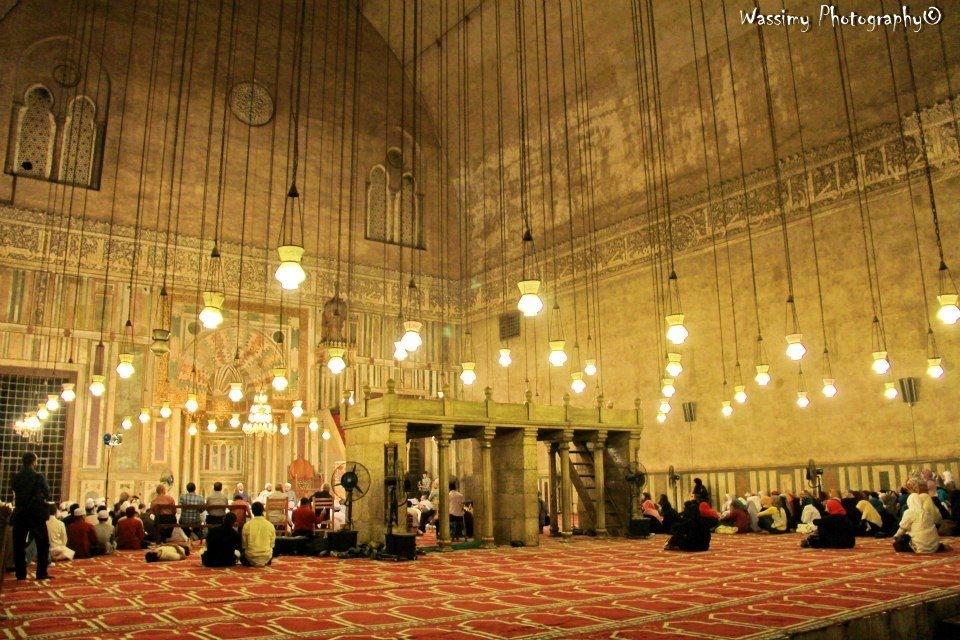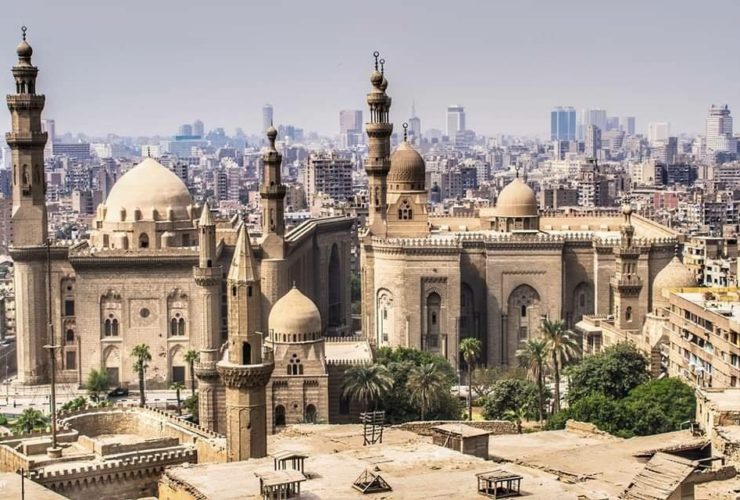Episode 34: Islamic Principles #7: Abrogation
Abrogation, while a technical subject in the science of jurisprudence, has a significant impact in how we understand the Quran today. In this episode I am openly promoting a certain interpretation that there is not abrogation in the Quran. While an acceptable interpretive opinion, it was always a minority one. This is changing today amongst senior clerics, and I hope this discussion makes it clear why.
Episode Notes
Quran Mentioned
“We have revealed Quran and We alone preserved it” (15:9)
“We do not abrogate a verse or cause it to be forgotten, except that we bring something better than it” 2:106
“To you is your religion and to me is my religion”(109:6)
“Whoever wants let them believe, and whoever does not, don’t believe.” (18:29)
Hadith Mentioned
“I used to forbid you from visiting the graveyards, but now you should go visit them.” (Muslim)
People Mentioned
Abdullah Ibn Siddiq al-Ghumari
Ali Gomaa
Abu Muslim al-Asfahani (d. 325AH)
Fakhr al-Din al-Razi
Al-Suyuti
Hafz ‘an Asim
Abi ‘Amr al-Basri
Ibn Kathir
Dr. Sherman Jackson
keep learning
Understanding the Muslim Mind
If we could take all of Islamic intellectual history, what sort of patterns and principles could we deduce? More importantly, if we found someone who actually knew all this information, what would they look like, think like, talk like, etc.?
What is Usuli Islam?
In The Clock of the Long Now, Stewart Brand argues that religion is one of the most durable institutions of civilization that helps ground us all in timeless values. In his concept of the forces of innovation (rapidly changing) and durability (slow changing) of civilization, religion would definitely be amongst the more slow adapting forces.
MORE




